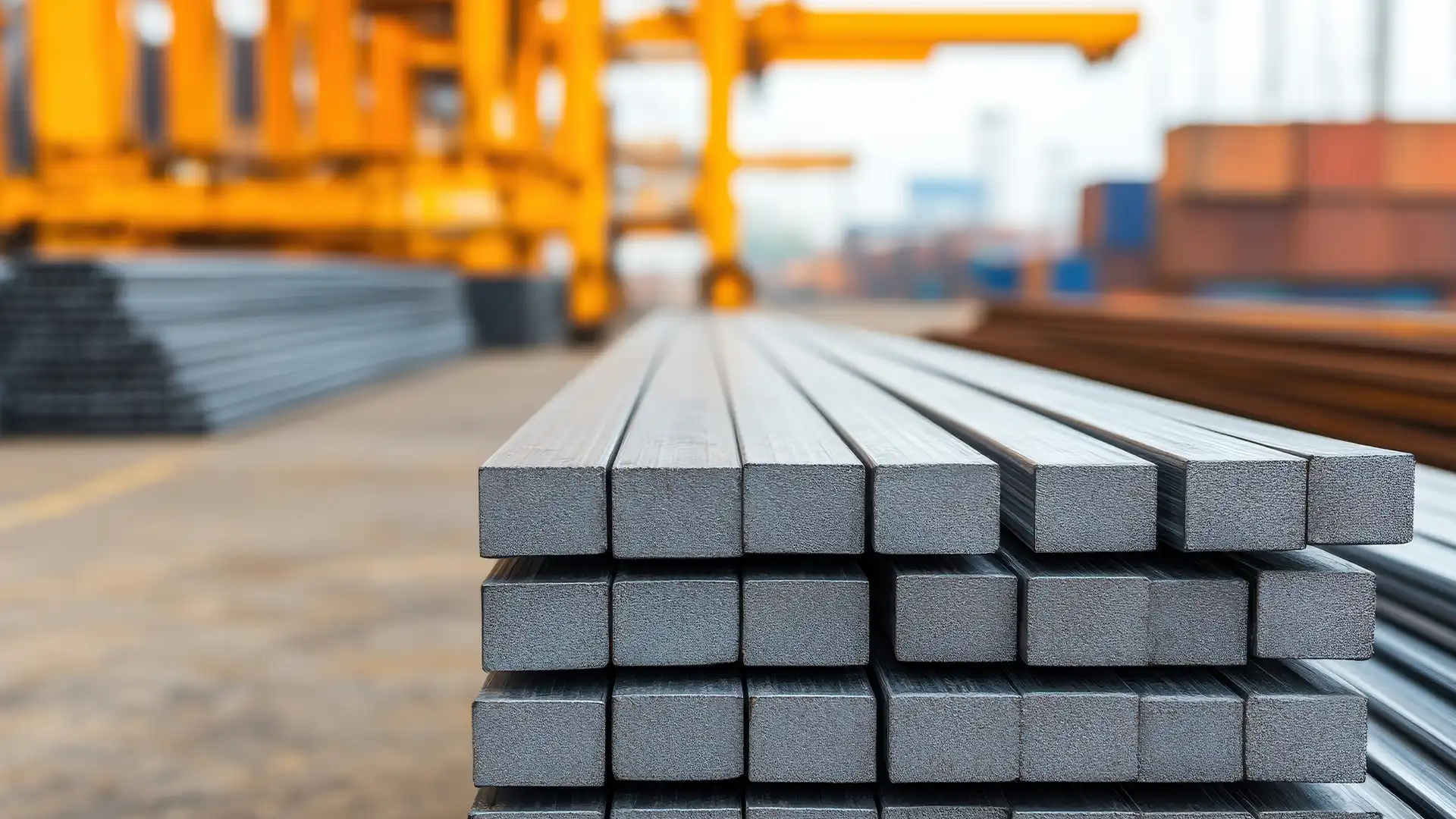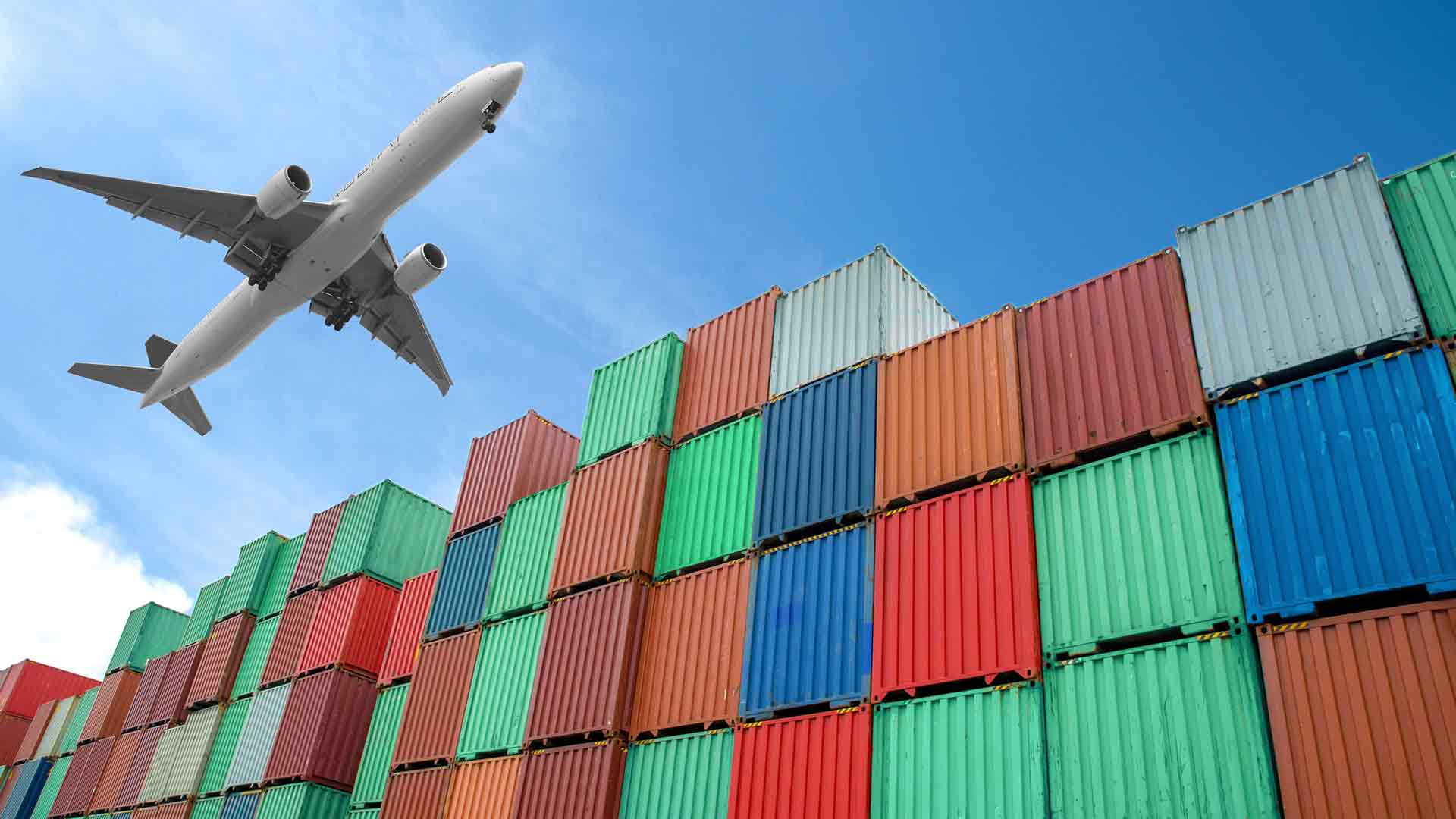June 10, 2025
June 9: Section 232 Steel and Aluminum Update

What to Know About the New 50% Steel and Aluminum Tariffs
Effective June 4, 2025, the U.S. increased Section 232 tariffs on imported steel and aluminum from 25% to 50%. While this update aims to support domestic production, it also imposes new requirements on importers—especially those who import products containing any amount of metal.
Here’s How it Could Affect Your Business:
- The 50% tariff applies only to the metal content of your item, not the entire product—provided that the metal is declared separately.
- If the steel or aluminum content isn’t detailed on customs paperwork, duties may be applied to the entire item.
- Everyday products such as tin, packaging, home goods, frames, scissors, and tools could all be affected.
Staying Compliant and cost-conscious:
- Review your product classification (HTS codes) to ensure accuracy
- Request melt/ pour certifications from suppliers to support content declarations
- Consider utilizing bonded warehousing programs if you need to defer duty payments until the goods are sold or shipped.
- Recalculate landed costs for goods with significant metal content.
What is an FTZ, and could it help?
A Foreign Trade Zone (FTZ) is a secure area approved by U.S. Customs, where imported goods can be stored, processed, or assembled without incurring duties while they remain within the zone.
How does this help?
- Delays duty payments until goods enter U.S. commerce, supporting improved cash flow.
- Eliminates duties if goods are re-exported from the FTZ without entering the U.S. market.
- Reduces paperwork and fees through consolidated entries and zone-specific compliance procedures.
For some businesses, FTZs represent a smart strategy, especially when managing high volumes of metal components or dealing with fluctuating demand timelines. Although they do not eliminate tariffs on U.S.-bound goods, they provide time and flexibility to manage costs more effectively, offering a ray of hope in these challenging times.
If you’re curious about whether an FTZ could be a fit, our team can help you evaluate the pros, cons, and eligibility requirements.
Why The Block doesn’t support DDP Shipments
Some companies might consider switching to Delivered Duty Paid (DDP) to shift the burden to their suppliers. However, DDP requires your supplier to declare customs values on your behalf, while you remain legally responsible for any errors. The potential risks, such as fines, penalties, and shipment holds, are significant; therefore, we do not endorse DDP terms in order to protect both your business and ours. It's crucial to be aware of these risks.
We’re here to help
Changes like this can feel overwhelming, but with the right partner by your side, they don’t have to be disruptive. If you’d like assistance reviewing your current exposure, updating documentation, or exploring smart warehousing strategies, we’re here to support you.


